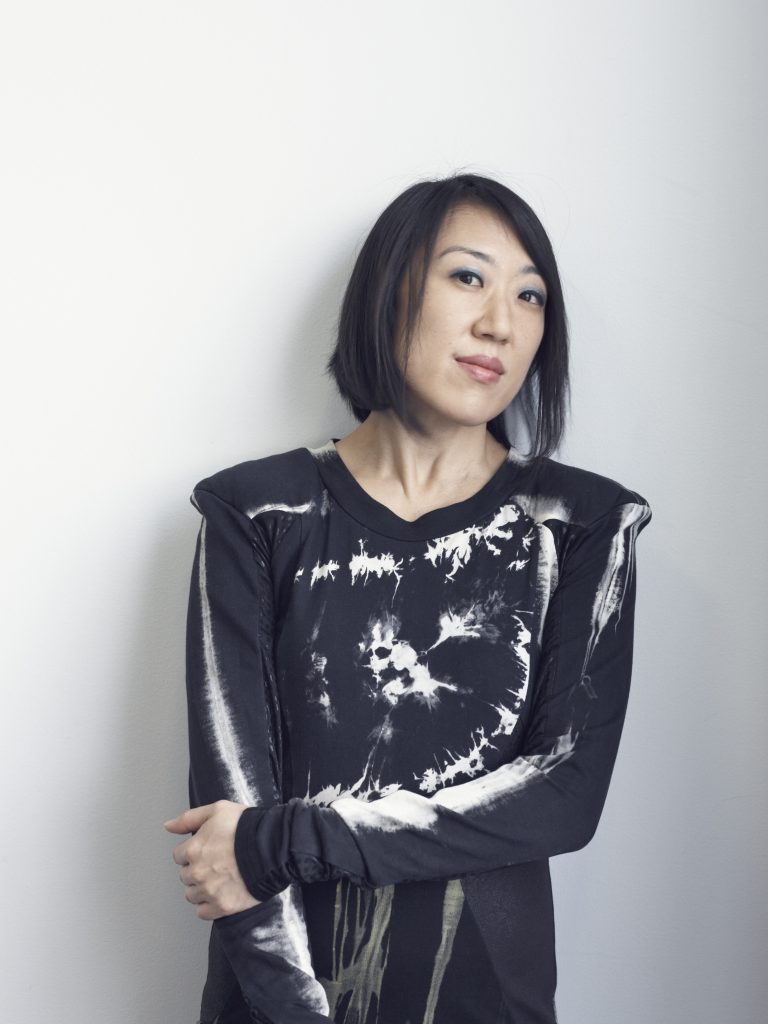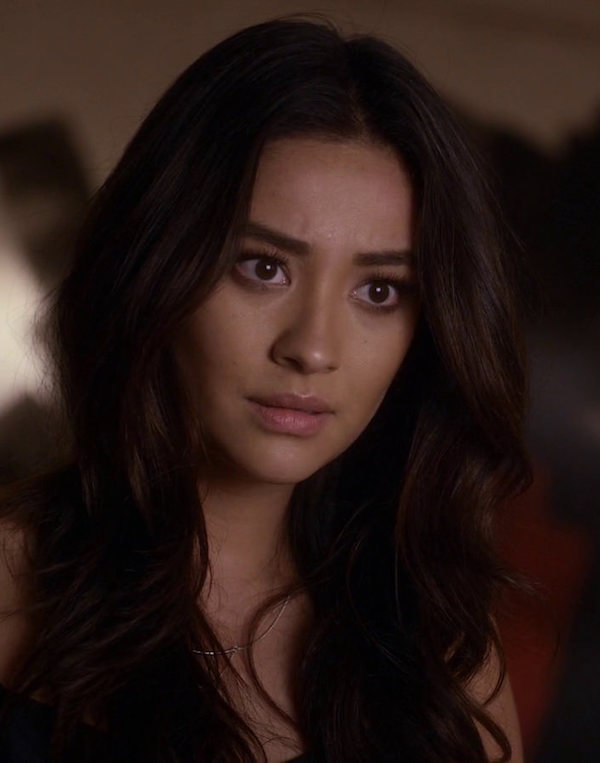New York’s Broadway theater district isn’t called the Great White Way for nothing. Its most heralded dramatists are a roll call of great white men: Arthur Miller, Tennessee Williams, Edward Albee, Samuel Beckett, David Mamet and the list goes on and on and on. That’s what makes Young Jean Lee’s accomplishment as the first Asian American woman to have a play on Broadway so monumental to many. But, according to her, it’s not a “gigantic deal.”
“I got a play on Broadway,” Lee said over the phone from Brooklyn, “and all that really means is that I achieved something in which there are more audience numbers and more money for the producers involved, but that’s still within a very capitalist framework of success. So it’s not like I’m Gandhi or Mother Teresa or something.” And her historic production, “Straight White Men,” sounds like it’s straight from Mamet anyway: It explores the milieu of three upper middle-class white brothers and their aging father.
But then Lee’s stamp comes in. At Christmas, they play a friendly game of Monopoly that has been renamed Privilege, a bequest from their deceased mother who customized the game with handicaps for each player based on his level of white male privilege.
Lee’s plays exist in a framework just beyond familiar identity politics. For example, “Straight White Men” rejects flogging the trope of the racist, dominant white man and instead probes the guilt-ridden psyche of the white liberal instead.
Her play about Korean Americans titled “Songs of the Dragons Flying to Heaven” was no David Henry Hwang production about Asian American oppression. Instead, it was a squirm-inducing, humorous yet violent production giving multitudinous voices to the hatred within the Asian American community—hatred against ourselves, against our elders, against one another and against the larger context that Asian Americans define themselves against.
“Racism leads itself to self-hatred,” Lee said. “That is something a lot people of color and women of color, in particular, experience—you’re treated like you are lesser-than by the society that you’re in, and you start to believe it. That’s actually one of the worst impacts that I have witnessed in people of color. That’s probably the biggest impact on me. Learning to value yourself in a society that doesn’t value you is a really difficult challenge.”
She even tackled black identity politics in “The Shipment,” which included both a minstrel show (yikes!) and a portrayal of an African American cake decorator, and for which New Yorker theater critic Hilton Als hailed as “a play that deals with blackness in ways that I continue to find perplexing, fascinating and necessary.”
Lee is a masterful collaborator, employing a skill that she teaches in her playwriting course at Stanford University. “One of the biggest misconceptions that people have about creating art is that, in order to lead a collaboration, you need to have all the answers and know where to go and everybody follows your lead,” Lee said. “Usually when I start a collaborative process, I don’t know anything about the subject matter. I had never worked in this genre before. I have no idea what I’m doing or where I’m going.”
Her process involves intense research, observation of society and the ceaseless asking of questions. When she leads collaborations with actors and writers, she employs a tool called “fun-ruining,” which means “being the one person in the room who says there’s an issue with this fun idea that everyone’s loving,” Lee said. “That’s something that I really encourage, to constantly be critical.”
Thanks to her rigorous collaborations and brilliant point of view, it’s now Lee’s name lighting up the Great White Way, just like those early electric lights that led to its moniker.





